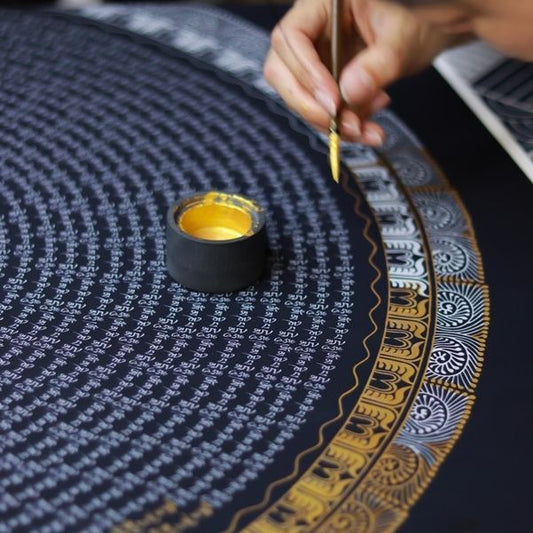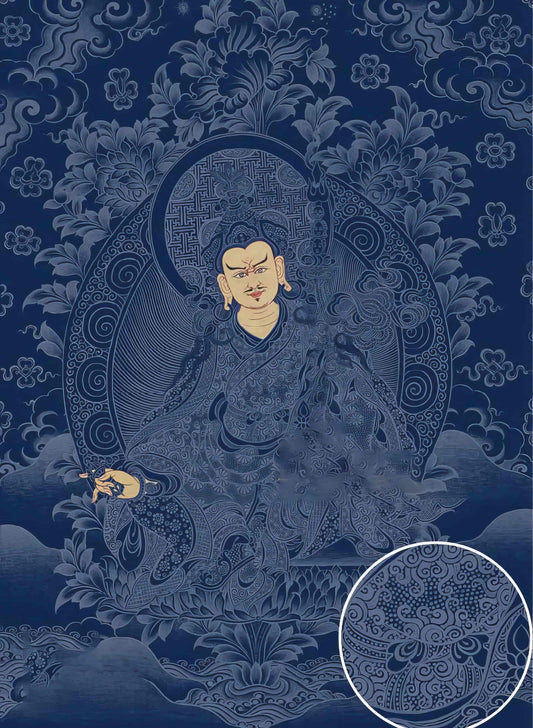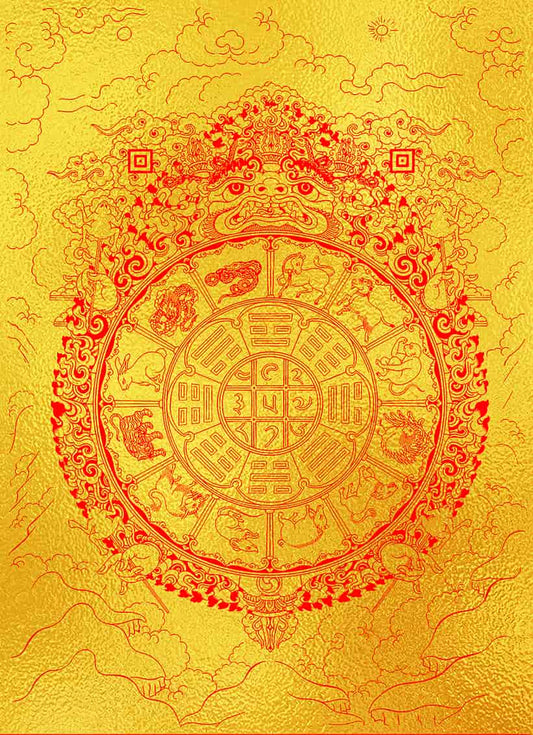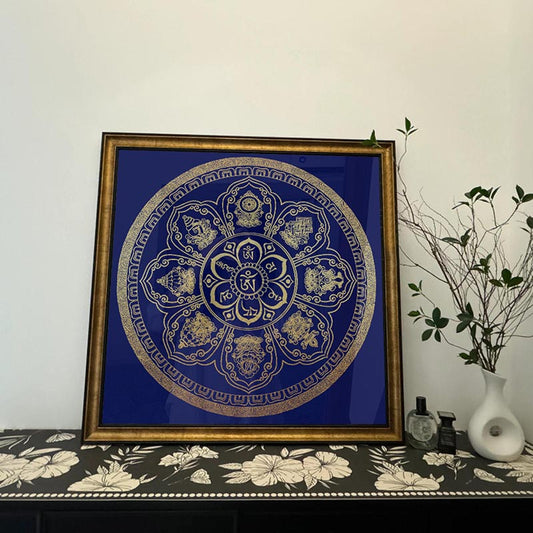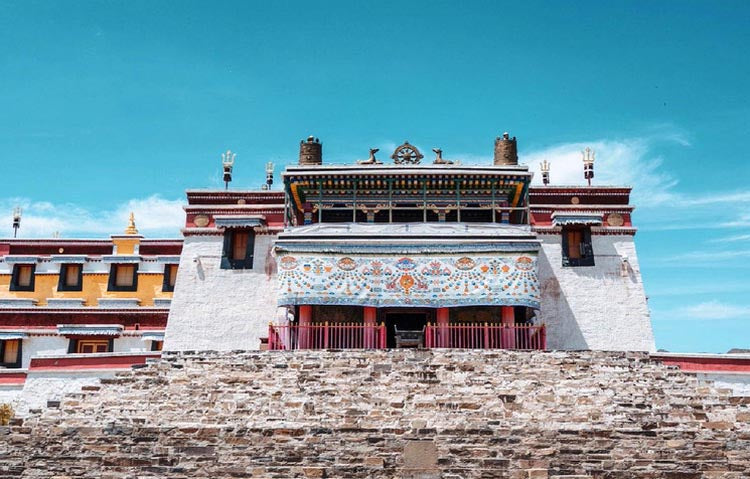Tibetan Thangka Posters Tradition Meets Modernity
Tibetan Thangka Posters Tradition Meets Modernity
If you've ever wandered into a space adorned with Tibetan thangka posters, you might have felt a quiet, profound gravity pulling at you. Thangkas, those vivid tapestries of Buddhist iconography, have long served as spiritual guides and teaching tools. When rendered as posters, they offer a bridge between a tactile tradition and the accessibility of modern life. But what is it about these images, even on a humble print, that demands such attention?
The heart of a thangka lies in its symbolic complexity. Each scene is a choreographed dance of colors and forms, springing to life from stories and traditions passed down through the centuries. It's a world where deities, each with distinct mudras (hand gestures) and mounts, inhabit realms that represent spiritual ideals. These aren't just art pieces; they are maps of the mind, designed to guide practitioners in meditation and reflection.
What's remarkable about modern thangka posters is how they retain this detail and intention, even when stripped of their original grandeur and texture. The transformation from a painstakingly hand-painted thangka to a poster requires maintaining fidelity to the original's intricacies — a task that demands respect and understanding of the cultural gravitas these images hold.
Consider, for instance, the pigments traditionally employed in thangka painting. Derived from natural sources like crushed semi-precious stones, plants, and minerals, these colors are not mere choices of palette; they are imbued with symbolism and believed to carry specific spiritual energies. When these are reproduced in poster form, the vibrancy may differ, but the integrity of the symbolic color remains, a testament to the commitment to tradition even within modern means.
The practice of creating thangka is an art form demanding rigorous training and spiritual dedication. Masters spend years under the tutelage of previous generations, perfecting not just their technique but their understanding of the spiritual narratives they portray. A single thangka can take months, sometimes years, to complete. It's not just the application of paint to canvas, but a meditative journey for the artist. This depth of dedication is echoed in the reproduction process; each thangka poster, though widely distributed and more accessible, carries the essence of this profound lineage.
For those who bring thangka posters into their lives today, there's an invitation to engage with these rich narratives. Whether placed within a meditation space, a living room, or an office, these images encourage a pause, a moment of reflection upon the stories and lessons they carry. They are an accessible way to invite the profound into the everyday.
In the end, a thangka poster serves as more than decor. It is a conversation between ancient wisdom and modern expression, a reminder that even in our most hectic days, there's a space for reflection and reverence. It's a small but powerful way to honor a tradition while inviting its beauty and teachings into the present.

